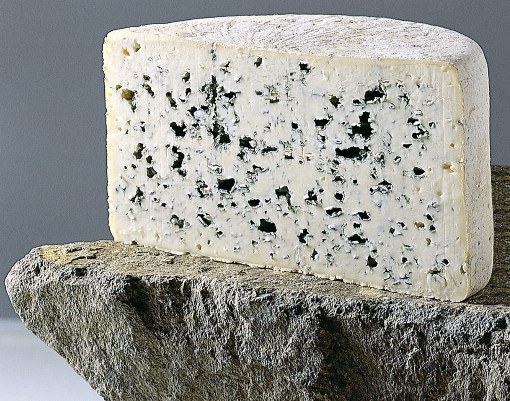What are the benefits of cheese
A product like cheese is very well absorbed by the body. It contains many substances beneficial to health, for example, proteins, vitamins, minerals. Among these trace elements – vital for the body calcium, which, thanks to the presence of mold, is absorbed more completely than the consumption of conventional cheeses.
In various types of cheese with mold contains 8 essential amino acids. Also there are bacteria that are beneficial to the intestinal microflora and thus improves digestion and metabolism. In addition, on the basis of research, the scientists found that some substances in the mold, have the ability to stimulate the production of melanin pigment. And it is this pigment protects the skin from sun burns! Therefore, eating cheese is especially useful for residents of those places, where the hot climate with the "hard" ultraviolet radiation.
Finally, there is evidence that people who regularly consume milk, much less suffer from cardiovascular diseases than those who refuse such a product.
What harm can be from this product
However, with all the indisputable merits of blue cheese, it can bring not only benefits but also harm to human health. First, it is high in calories (fat some kinds of cheese reaches almost 50%), hence its frequent use in significant quantities certainly lead to excess weight. Secondly, cheese is a strong allergen. Therefore, it is strictly contraindicated, for example, those people who have intolerance to antibiotics penicillin. For the same reason, cheese should not be used for people suffering from fungal diseases.
It is not recommended to eat this product well as young children and pregnant women.
Even a person who has no contraindications to eat cheese and he loves him, should follow reasonable moderation. The maximum daily amount of cheese recommended by dietitians is 50 grams. Of course, sometimes this rule can and break, the main thing – not to turn such a breach in the system. In violation of the system can cause problems with the intestinal tract due to changes of the intestinal microflora.
